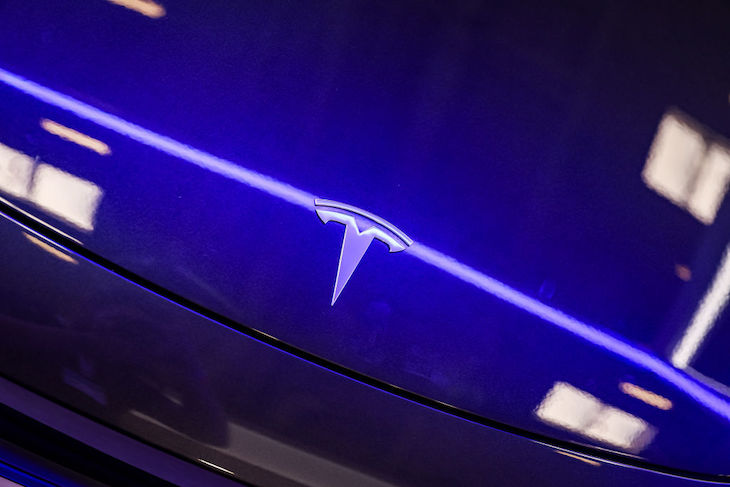In his promised review of net zero policies, Rishi Sunak has already ruled out postponing the proposed ban on the sale of new petrol and diesel cars from 2030. Indeed, from the end of the year manufacturers are going to be under a mandate to make sure that a certain proportion of their sales are electric – although the details have not yet been published. But what chances of the car industry actually getting there?
While sales of electric cars might seem to be healthy – the Society of Motor Manufacturers and Traders (SMMT) records that 193,221 pure electric cars were sold in the first eight months of 2023, up 40 per cent on the same period in 2022, the details tell a different story. Sales to corporate buyers are buoyant, encouraged by a favourable company car tax regime. But sales to private buyers are faltering. In the first half of the year, 37,000 private buyers bought an electric car, down from 41,800 a year earlier.
So far, the market for electric cars has been dominated by wealthy early-adopters
It is painfully clear that electric cars are not yet selling themselves on their merits. They can be sold on the back of generous grants, but now those have ended, buyers are looking more critically at the problems of owning an electric car: namely the higher purchase price, the short range, the length of time it takes to recharge and the paucity of the recharging network.
So far, the market for electric cars has been dominated by wealthy early-adopters buying them as second cars. It is a very different matter when you start trying to sell them to the occupants of the quarter of UK homes which have no off-street parking, who cannot charge their vehicles at home overnight.
Maybe one day someone will unveil an affordable electric car which can travel 500 miles between charges and takes no more than 15 minutes to recharge – at which point electric cars will become as useful as petrol ones. Toyota has claimed it will produce such a car by the end of the decade. But in the meantime, the government is trying to force a product on motorists which they are going to be reluctant to buy.
The obvious answer would be to allow motorists to gravitate towards electric cars gradually via hybrids. The trouble is that the government has promised to outlaw new sales of these, too, from 2035. As a result, the industry has been disincentivised from developing the concept of a hybrid. Most of the hybrids on offer are really just token efforts – ‘mild’ hybrids designed to extend the life of existing ranges while meeting government targets, but which will spend most of their time being powered with large, gas-guzzling petrol engines.
What the market really needs is cars with electric drive trains but which are allowed to carry small engines capable of recharging the batteries on longer journeys. That would make electric vehicles practical for a far more motorists. Moreover, such a vehicle could be brought down in price because it would need far less battery power – a 50 mile electric range is plenty for most journeys, if a small petrol engine could increase that to 500 miles. And it really would only need to be a small engine. The reason a family car needs a two litre engine is so that it can accelerate uphill with a full load. Smooth out the peaks and troughs and you can get away with a sub one-litre engine.
Electric cars with small petrol engines installed as a range extender are being developed in other markets but as yet there is only one available in Britain – an obscure Mazda with a small rotary engine. If the government really wants to get sales of electric cars moving it needs to relax the 2035 ban on hybrids and encourage the development of vehicles which are capable of selling themselves in the mass market. But is it going to be brave enough to relax its own targets?







Comments